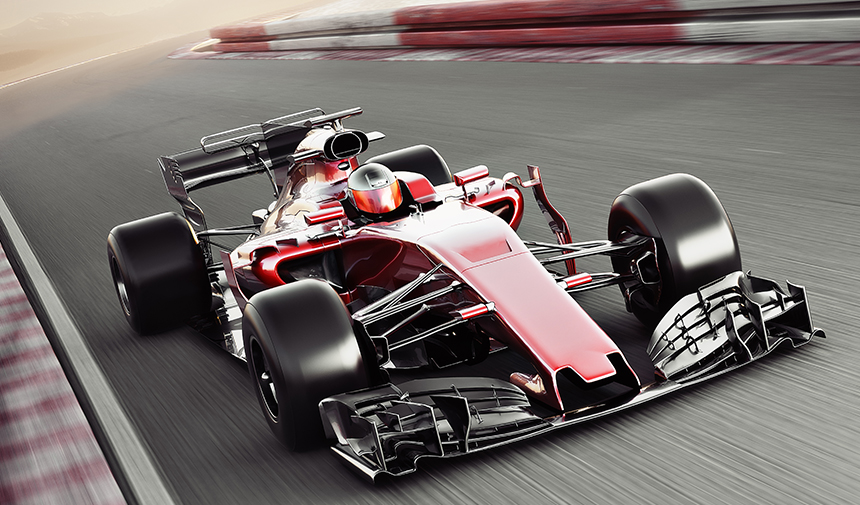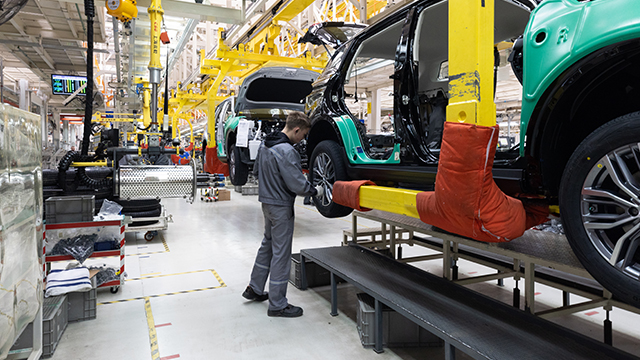Technological innovations in the world of Formula 1 have always been followed with great interest. These innovations both increase the excitement of the races and revolutionize the automotive industry. While the racing cars of the future are shaped by today’s technological marvels, performance and safety standards are constantly evolving.
Innovations in Power Units
The Formula 1 cars of the future will see major changes in terms of power units. In addition to internal combustion engines, hybrid and fully electric power units will be introduced. These innovations will not only improve performance, but will also pave the way for environmentally friendly and sustainable racing.
Aerodynamic Developments
Aerodynamics plays a critical role in the performance of Formula 1 cars. In the future, more advanced aerodynamic designs will significantly improve the handling and acceleration of the cars. These developments, supported by computer-aided design (CAD) and wind tunnel testing, will maximize performance on the track.
Innovations in Materials Technology
The materials used in racing cars must be lightweight and durable. Carbon fiber and composite materials are ideal options to meet these requirements. In the future, the use of lighter and stronger materials will improve the performance and safety of vehicles. These materials will also improve fuel efficiency, resulting in less fuel consumption during the race.
Advances in Safety Technologies
Safety is always at the forefront in Formula 1. In the future, safety technologies in cars will become even more advanced. Innovations such as next-generation safety cages to protect drivers in high-speed collisions, advanced collision sensors and automatic braking systems will make racing safer.
Data Analytics and Artificial Intelligence
Artificial intelligence and big data analysis play an important role in strategic decision-making in Formula 1. In the future, AI-powered systems will be used to optimize vehicle performance. By analyzing real-time data from the cars, these systems will support many critical decisions, from pit stop strategies to tire choices.
Electrification and Sustainability
Electrification and sustainability have become an important issue in the world of Formula 1. All-electric race cars are attracting attention with both their performance and environmentally friendly features. By operating with zero emissions, these cars will reduce the environmental footprint of Formula 1 and will be an important step towards a cleaner world in the future.
Driver Assistance Systems
The racing cars of the future will be equipped with advanced driver assistance systems. These systems will assist drivers during the race, optimizing vehicle control and improving performance. For example, advanced grip control systems and automatic speed control features will enable drivers to race more safely and effectively.
Energy Management Systems
Energy management is a factor that directly affects the performance of Formula 1 cars. In the future, more advanced energy management systems will improve the energy efficiency of the cars. These systems will enable hybrid and electric power units to be used more effectively, enabling maximum performance to be achieved during the race.
Conclusion and Future Prospects
The future of Formula 1 will continue to be shaped by technological innovation. Innovations in areas such as power units, aerodynamics, materials technology, safety, data analytics and sustainability will improve the performance and safety of racing cars. These developments will lead to major changes not only in the world of Formula 1 but also in the automotive industry, shaping the cars of the future.



